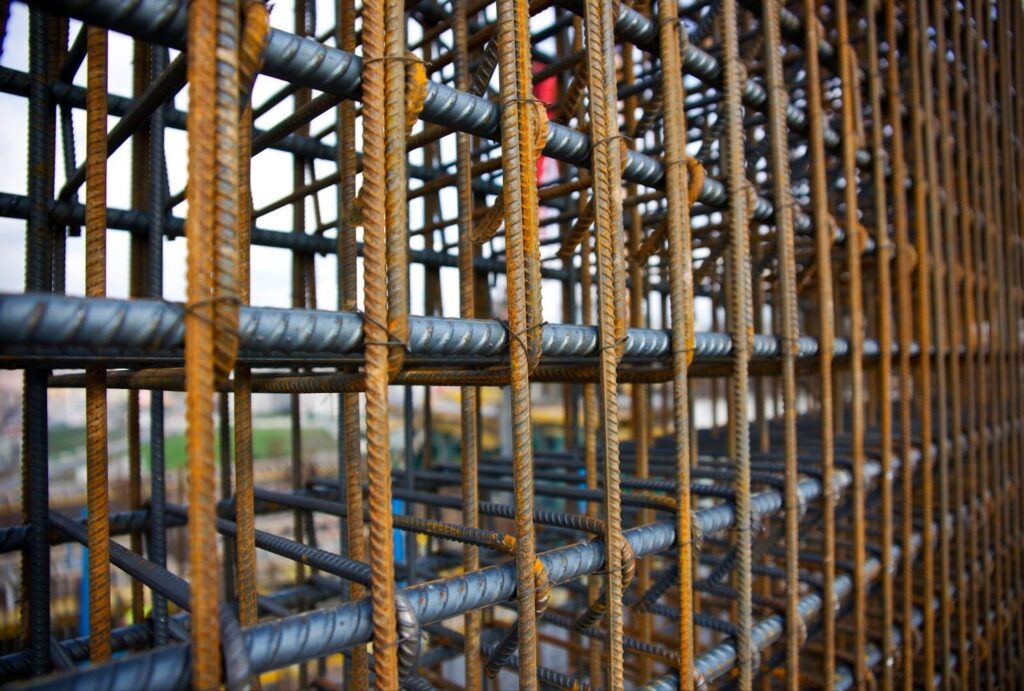When it comes to building a home that stands the test of time, choosing the right materials for the foundation is critical. One of the biggest advancements in recent years is glass fiber reinforced polymer (GFRP) rebar, a non-corrosive, lightweight alternative to traditional steel. As homeowners and contractors seek materials that increase durability and reduce long-term maintenance, GFRP rebar manufacturers are stepping in with high-performance solutions for residential construction.
This article explores the benefits of GFRP rebar in home building, especially in foundations, basements, and other below-grade concrete applications.
What Is GFRP Rebar?
GFRP rebar is made from high-strength glass fibers bonded with a durable polymer resin. It serves the same purpose as steel reinforcing concrete and improving structural integrity without the common issues associated with metal, such as rust and weight.
In residential construction, GFRP is gaining traction for its long-lasting performance, ease of handling, and environmental resistance.
Benefits of GFRP for Residential Use
1. Corrosion Resistance
Homes built in coastal, humid, or flood-prone areas often face foundation damage due to steel corrosion. GFRP rebar does not rust, which means fewer repairs and longer-lasting concrete slabs, basement walls, and retaining structures.
2. Lightweight and Easy to Install
GFRP rebar is significantly lighter than steel. For builders and contractors, this means easier transport and faster installation. For homeowners doing small DIY pours like patios or driveways, it reduces the physical burden of working with reinforcement.
3. Better for Coastal and Wet Conditions
Whether it is a beachfront property or a home with a high water table, GFRP is ideal for moisture-exposed foundations. It resists salt, chemicals, and water without losing its strength or compromising concrete integrity.
4. Long-Term Value
While GFRP rebar costs more upfront than steel, its longer service life and low maintenance requirements make it a better value over time. Homeowners benefit from fewer foundation issues and a lower likelihood of costly structural repairs.
Ideal Applications in the Home
GFRP rebar is particularly well-suited for:
- Foundation footings and slabs in high-humidity or coastal zones
- Basement walls and retaining walls where moisture exposure is a concern
- Driveways, patios, and walkways that experience freeze-thaw cycles
- Foundations with radiant heating systems (GFRP is non-conductive)
Its non-magnetic, non-conductive nature also makes it safe for homes with sensitive electronics or backup power systems.
GFRP vs Steel Rebar in Residential Projects
| Feature | GFRP Rebar | Steel Rebar |
| Corrosion Resistance | Does not corrode | Susceptible to rust |
| Weight | Lightweight | Heavy and labor-intensive |
| Cost | Higher upfront, lower long-term | Lower upfront, higher maintenance |
| Conductivity | Non-conductive | Conductive |
| Installation | Easier to handle and cut | Requires heavy-duty tools |
Things to Consider
- Pre-Bent Shapes: GFRP cannot be bent on-site, so custom shapes must be ordered in advance.
- Fastening: Specialized plastic or composite chairs and ties are recommended to avoid metal contact.
- Building Codes: Always confirm your local building codes accept GFRP, as some areas may have specific requirements.
Most major suppliers provide technical support and guidance to ensure proper installation.
A Sustainable Option for Eco-Conscious Homes
GFRP rebar supports sustainable building practices:
- Produces fewer carbon emissions during manufacturing than steel
- Extends the life of concrete, reducing resource use over time
- It is chemically stable and does not leach into the surrounding soil or groundwater
As green building becomes more mainstream, homeowners looking to future-proof their property are finding GFRP to be a smart material choice.
Conclusion
GFRP rebar is no longer just for bridges and industrial applications. It is quickly becoming a valuable tool in residential construction, offering real benefits for homeowners and contractors alike. From improved durability and resistance to corrosion to easier handling on the job site, it is changing the way we build homes that are meant to last.
If you are building or renovating a home, especially in a moisture-prone environment, asking your builder about GFRP rebar could lead to a stronger, more reliable foundation that will serve you well for decades.

